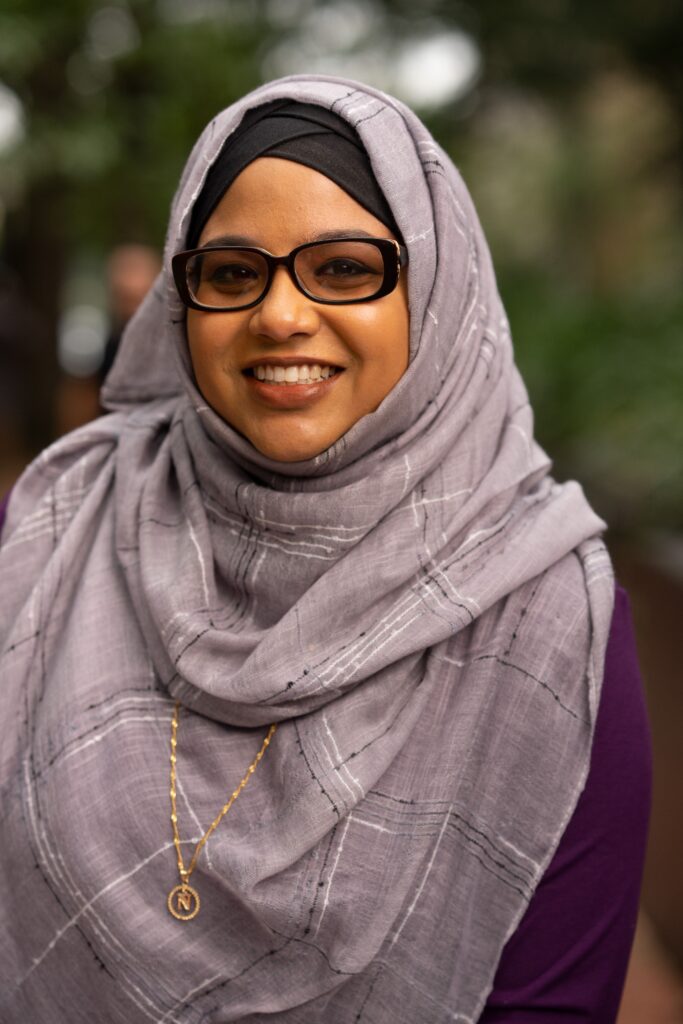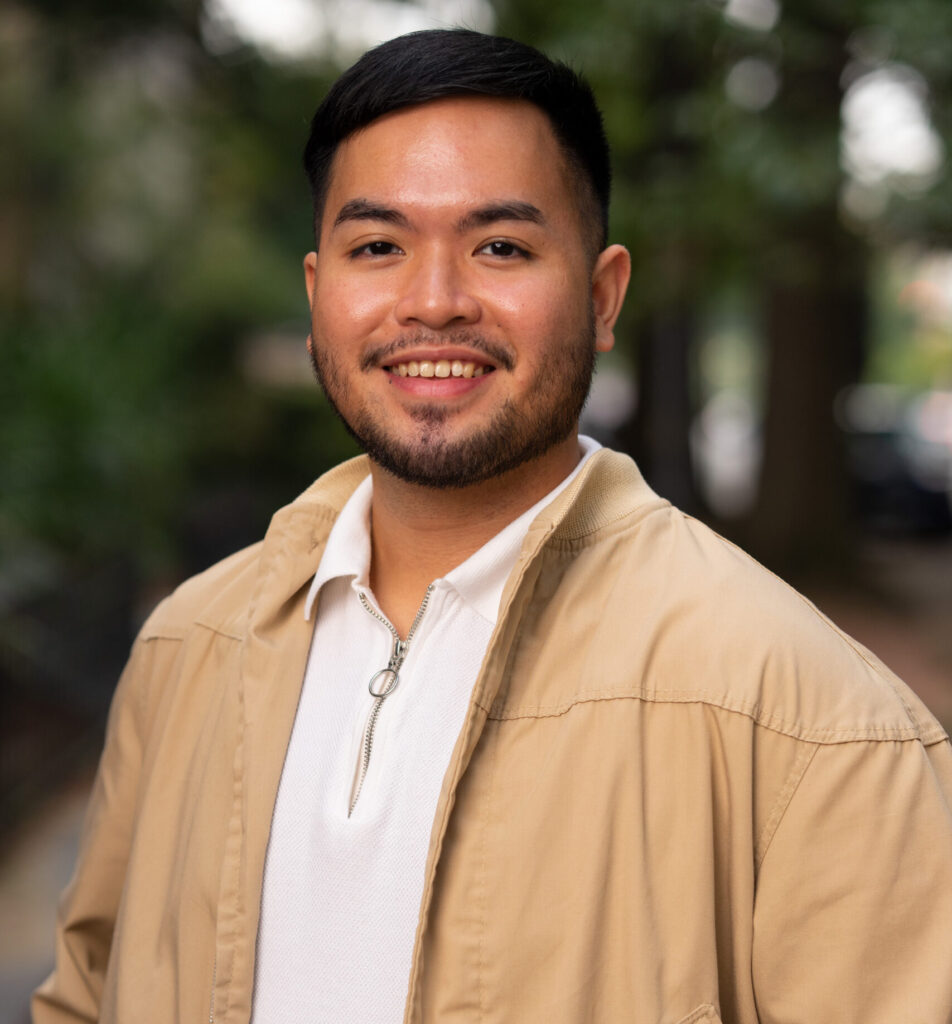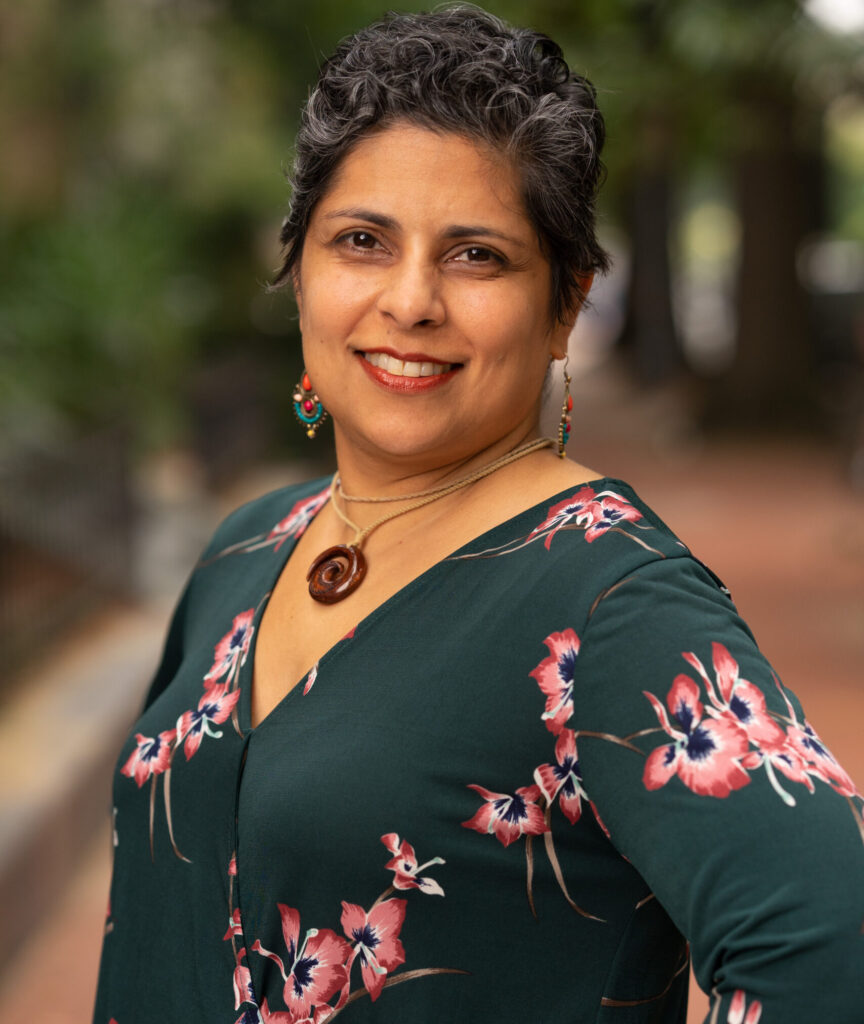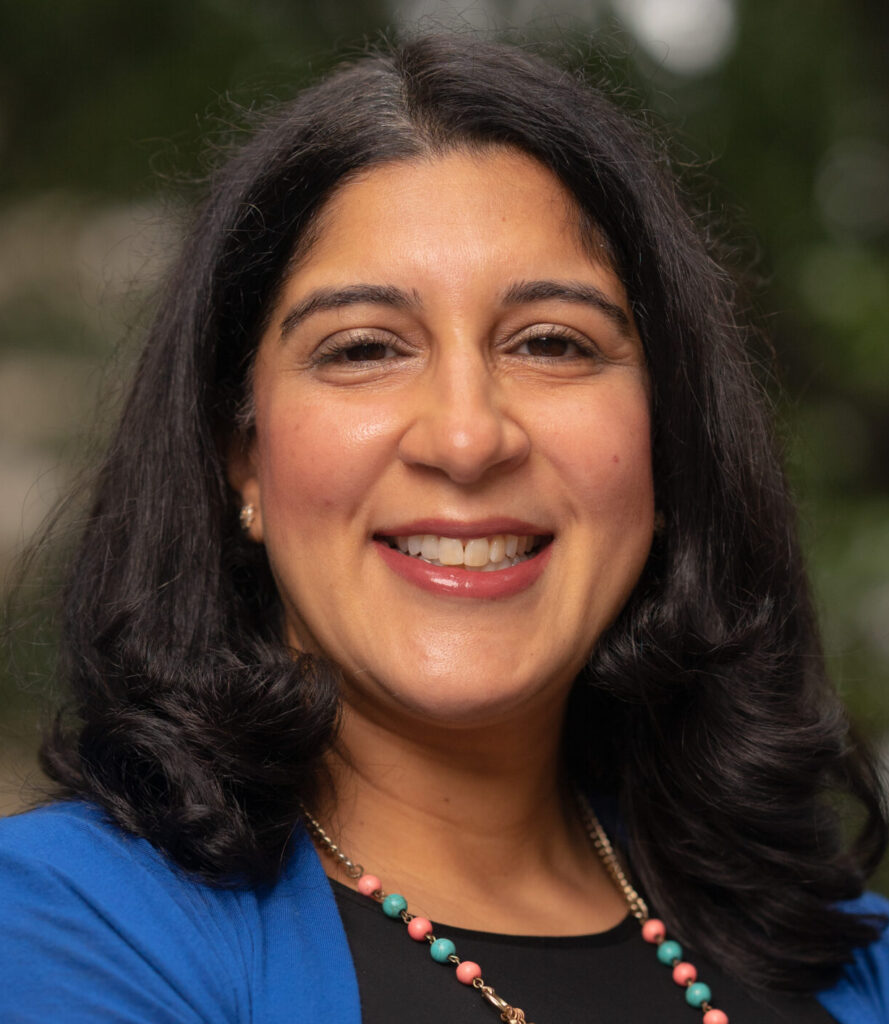Exploring Identity: AAPI Heritage & Leadership
ProInspire’s AAPI staff opens up and answers how their racial identity and lived experience shaped their leadership.
I identified most strongly with my Asian identity until witnessing 9/11 as someone with the last name of Islam.

In order to lead forward, I’ve found I need to look back. I identified most strongly with my Asian identity until witnessing 9/11 as someone with the last name of Islam. It wasn’t until I started leading at a national level that I started detangling the threads around other aspects of my identity. I’m still exploring how political events, migration stories, and my ancestors’ lives have shaped who I am and how I lead.
I am Bengali. I am also the grandchild of Bangladeshi liberation leaders and a visibly Muslim woman. I also identify as Asian, a person of color, and someone who (cautiously) uses BIPOC. These identities intersect with my disabilities, my professions as a human rights education and training lawyer and freelance graphic designer, and with my movement work.
In exploring my own family’s journey around Asian identity and how that has shaped my identity as a Bengali-American Muslim, I’ve realized that I feel most grounded now doing work that includes healing, cross-cultural network building, and storytelling to connect across cultures, generations, and continents.
I have always found myself experiencing reality from different margins: as a Filipino immigrant, as a queer person of color, as an undocumented immigrant.

I have always found myself experiencing reality from different margins: as a Filipino immigrant, as a queer person of color, as an undocumented immigrant. Each of these identities often come with their own structural barriers, and intertwined, make life uniquely challenging and living inaccessible.
For me, I’ve had no choice but to see life through an intersectional lens and I’m glad I found the language to name my experiences and the oppression I face, and the community and mentors I needed to begin disrupting harmful practices and fighting the issues facing all my communities.
In experiencing life at the margins and realizing my personal truths, I’m moved by a moral duty to create a life that allows me to live authentically, safely, and fully, and to extend this possibility to everyone around me. And as a leader, centering community, collective freedom dreaming, and transformational change is at the heart of being able to manage successfully and authentically.
Exploring my sense of identity has not always been easy or comfortable, but has been an important stepping stone in my efforts for racial equity. It has illuminated my uniqueness and the choice I have to use power to create the equitable and just world I would like to see.
Monica Biswas, Director

At this moment, I am experiencing changes in various dimensions of my identity, and so I am reflecting that identity is not singular, and not constant – they evolve and shift over our lifetimes. The image that comes to my mind is a sunset – the colors merge and transform, with certain shades fading while others emerge into brighter prominence.
When I was a child, I identified as Bengali, which is the culture, language, and community I was immersed in by my parents who had immigrated from India before I was born. I knew I was American, but it felt important for me to claim an identity associated with the community in which I felt the greatest sense of belonging. In college, I became aware of those identities that are based on how others saw me – social or politicized identities. Application forms did not include Bengali, or South Asian, and I was forced to check the box marked “Asian”. Over time, “Asian-American” has become an identity that I align with, especially in social justice contexts.
In recent years, I am exploring my ancestral history, which is uncovering deeper nuances to how I contextualize my identity. The subcontinent of India (currently Pakistan, India, Bangladesh) was colonized by the British from 1757-1947. Many generations ago, an ancestor in my father’s family was given a title by the British (which changed our last name from “Mukherjee” to “Biswas”). While I continue to explore the details of this history, I wonder what it may have done to create separation between my family and other Indians. Does that history get re-lived even today as I experience internalized feelings of separation from some members of my community? This examination of uncomfortable parts of my family’s history and see how it might be playing out in the current day is a deep and challenging reckoning.
Currently, as my family constellations are shifting and I find myself to be the oldest member of a mostly-female team at ProInspire, I am also cognizant of how other dimensions of identity – gender, generation, motherhood, family, sexuality – intersect with my racial and ethnic identity.
The exploration and evolution of my identities greatly inform my leadership, because it influences the ways I collaborate with others, and it has given me resilience to persist amid the complexity of the work.
My identity exploration makes me curious to understand how others’ identities and lived experiences have shaped their motivations and how they show up and engage in those discussions with colleagues, especially early on in a collaboration. That understanding helps us center relationships which extend beyond the particular work we are collaborating on – we develop care for each other as human beings. This foundation of a trusting and authentic relationship contributes to the creativity of our collaborative work.
Through exploring the nuances and interconnectedness of the many dimensions of my identity, I feel an expanded capacity to hold the seeming contradictions that inherently arise in our work. An example: No two people are identical and no group is monolithic, and yet there are patterns of systematic marginalization of Black and brown communities that need to be addressed. We need to center BIPOC voices AND that does not mean white folks give up their agency and sit back during discussions about how to move forward.
This builds a tolerance to uncertainty which seems vital in the liminal space and time we find ourselves- we are aware that the old way is no longer serving us, and yet we have not created the world we are headed towards. It can be extremely uncomfortable, and when I did not build up that tolerance, I was searching for quick solutions. Building up this muscle allows me to engage in collective reimagining of the world we want to create. What are the values we want to embody in that new world? What could that evolution look and feel like for us as individuals and as a collective?
Exploring my sense of identity has not always been easy or comfortable, but has been an important stepping stone in my efforts for racial equity. It has illuminated my uniqueness and the choice I have to use power to create the equitable and just world I would like to see.

Check out founder and co-CEO Monisha Kapila’s blog on how her identity and her lived experiences shaped her and her work at ProInspire.
